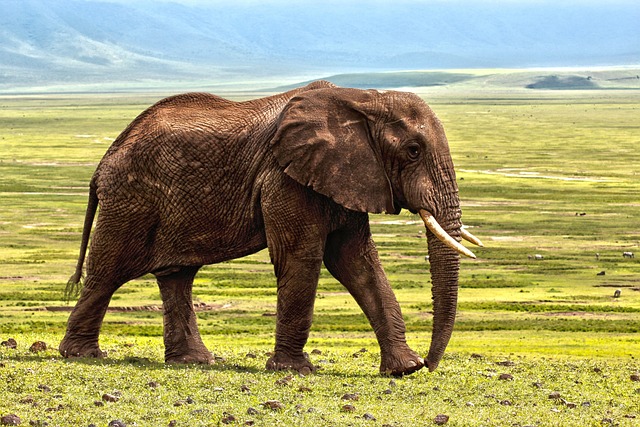Here will cover everything you need to know the original name of Africa and How It Got Its Current Name. When people hear the word “Africa,” many different images and thoughts flood their minds. Some picture it as a distant oasis shimmering amidst the vast, dry expanse of the Sahara Desert.
Others envision majestic elephants, their ivory tusks gleaming against the backdrop of snow-capped peaks like those of Mount Kilimanjaro. But amidst these varied perceptions, have you ever wondered about the original name of Africa? Did this vast continent bear a different name in ancient times?
Africa stands as the second-largest and second most populous continent after Asia. Stretching across over 11.7 million square miles and home to more than 1.2 billion people, Africa holds a special place in the hearts of its inhabitants. It boasts an unparalleled diversity of languages, cultures, and ethnicities among its people.

So, what was Africa called before it became known as Africa?
In the ancient history of Africa, particularly within Kemetic or Alkebulan traditions, the continent was referred to as Alkebulan. This term, Alkebu-Ian, is the oldest known indigenous name for the landmass. Alkebulan translates to mean the “garden of Eden” or the “mother of mankind.”
The term “Africa” emerged much later, in the late 17th century. Initially, it only encompassed the northern regions of the continent. This naming coincided with a period of colonization, during which Europeans held sway over African territories and subjugated its people as slaves. It was during this era that the name Alkebulan gradually faded, replaced by the moniker “Africa.”
But were there other names for Africa before it was called Africa?
Indeed, before the Europeans settled on the term “Africa,” the continent bore various other names. These included Corphye, Ortegia, Libya, and Ethiopia. Additionally, it was referred to as the land of Ham (with “Ham” denoting dark-skinned people), the mother of mankind, the garden of Eden, the dark or black continent, Kingdom in the sky, and the land of Cush or Kesh, a reference to the ancient Cushites of Ethiopia.

Now, why exactly is Africa called Africa?
The origins of the continent’s name remain shrouded in mystery, with numerous theories attempting to explain its etymology. While no single theory has been definitively proven, several hypotheses shed light on how this vast landmass acquired its current designation.
-
Roman Theory
According to some scholars, the term “Africa” may have originated from the Romans. It is suggested that the Romans encountered a land opposite the Mediterranean inhabited by the Berber tribe known as the Afri, located in what is now Tunisia. They named this land “Africa,” signifying the land of the Afri.
-
Weather Theory
Another theory posits that the name “Africa” may have derived from the continent’s climate. It is speculated that the term could be traced back to the Greek word “aphrike,” meaning ‘a land free from cold and horror.’ Alternatively, it might be related to the Latin word “aprica,” meaning sunny, or even the Phoenician word “afar,” meaning dust.
-
Geographical Theory
Some suggest that the name “Africa” originated from geographical associations. It is proposed that Indian traders, entering the continent through the Horn of Africa, brought the term with them. In Hindi, the word “apara” means ‘comes after,’ which could be interpreted geographically as ‘a place to the west.’
-
Africus Theory
An alternative theory argues that the name stemmed from a Yemenite chieftain named Africus, who invaded the northern regions of Africa in the second millennium BC. Legend has it that Africus settled in the conquered land and named it Afrikyah. In his quest for immortality, he purportedly decreed that the continent be named after him.
-
Phoenician Theory
Yet another theory suggests that the name “Africa” may have originated from two Phoenician words, “friqi” and “pharika,” meaning corn and fruits, respectively. It is hypothesized that the Phoenicians bestowed this name upon the continent, dubbing it the land of corn and fruits.
To conclude this, the true origins and meaning of the name “Africa” remain uncertain, despite numerous scholarly attempts to unravel its mysteries. However, it is important to recognize that the continent’s original name was Alkebulan, rooted in its rich and ancient history.
